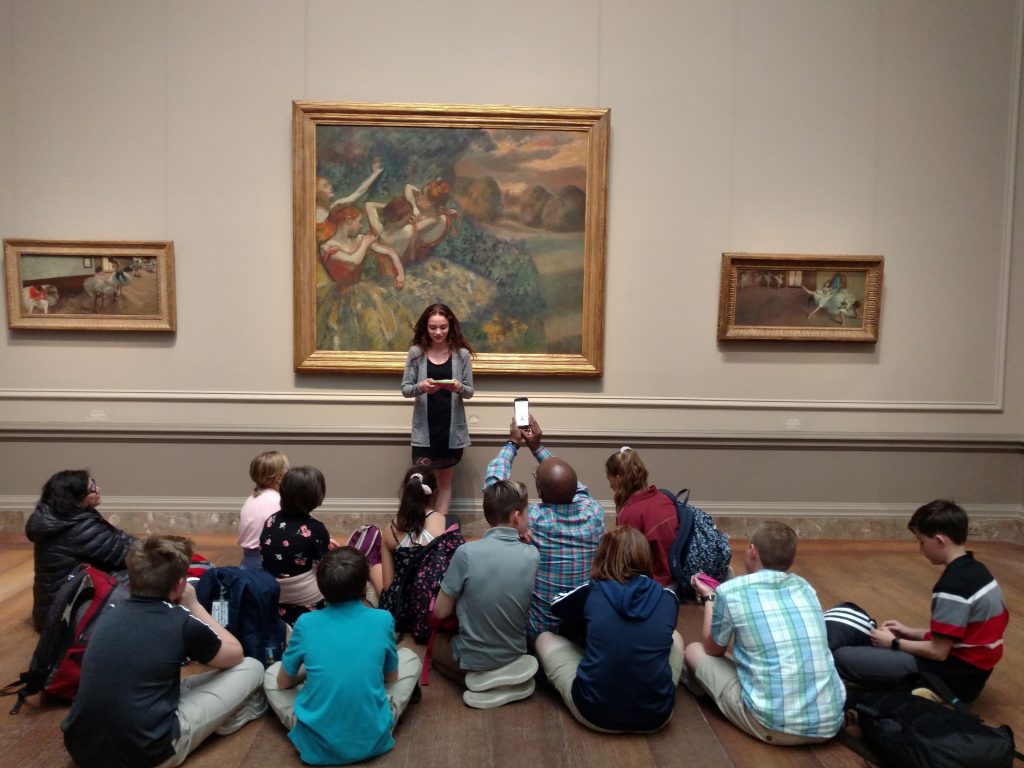Senior Explorations
By Jeff Kispaugh, Upper Elementary Teacher

Did you write a year-long research paper in elementary school? I don’t know about you, but I didn’t even write a year-long paper in high school.
I love our Senior Explorations project, the year-long endeavor this year’s sixth graders are currently engaged in. First, I love that it is focused on a topic chosen by the student. In the past, students have focused their research on topics as diverse as service dogs, DNA, fractals, human evolution, Mount Everest, and many more.
I also appreciate that the student is responsible for a great deal of work, and that each student is set up to succeed. Students have been preparing for this project, the culminating project of their elementary years, with all the work that has gone on before. They have had plenty of practice in sustaining concentration, research and note-taking, mind mapping, writing drafts, revising, editing, organizing work, keeping up with due dates, etc. Yet this project asks significantly more of the student than did any of the previous work in terms of the depth of the work, the level of organization required, and the sustained effort through an entire academic year.
One way the project is set up to help students succeed is that we have broken the project down into its basic components, and have created a list of weekly due dates. In other words, the new lesson here is how to break down a long project into manageable pieces, to focus on one piece at a time, and that this sustained, incremental effort can result in a significant outcome that could not have been achieved otherwise. This is a life lesson with broad application.
Another aspect of the Senior Explorations project is that the students are responsible for working together to fundraise for and plan their trip to Washington, DC, by hosting Parents’ Night Out, a childcare fundraising event. They host several through the school year. For each event, the sixth graders handle the finances, operate the technology, plan and facilitate the games and activities, cook and serve the food, and generally act as staff.
An even bigger cooperative endeavor is the annual four-day, three-night trip to Washington, DC, where each student selects a site for the group to visit that is related to that student’s project, and the student presents a brief summary of the project at that site. It is one of my favorite experiences as a teacher to watch the students take on the challenge of planning the trip – working together to plan their itinerary, map out the transportation, decide how they’re going to prepare their breakfast and lunches, choose restaurants and entertainment for the evenings, etc.
In short, this is a project that stretches the sixth graders in terms of their individual research efforts, in terms of presenting in front of a large group, and in terms of cooperation and leadership skills – skills that will serve them well during the rest of their school years and into adulthood.
